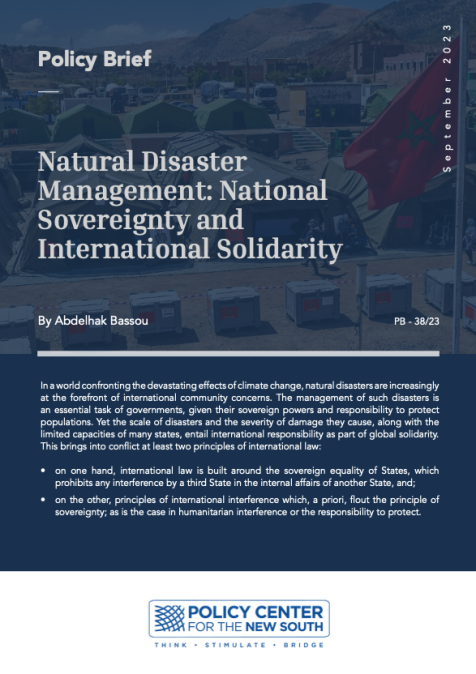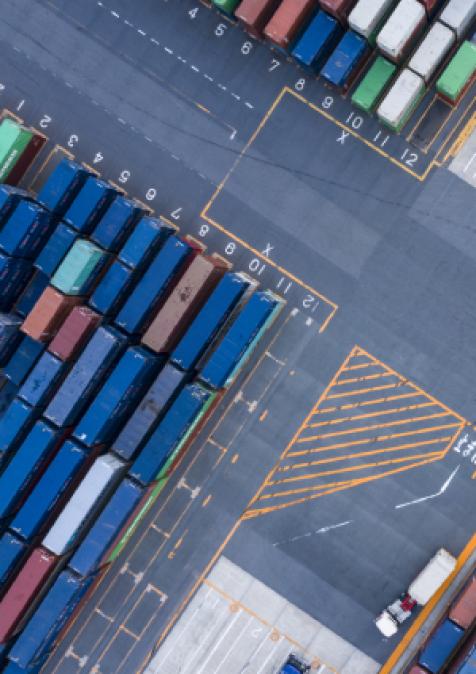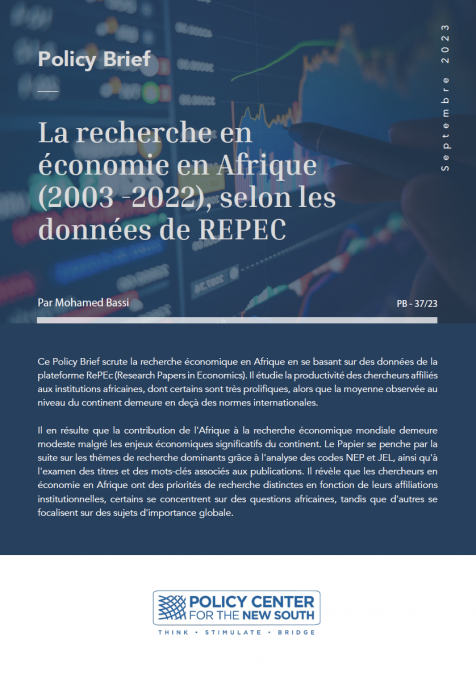Publications /
Policy Brief
Given the contingent nature of external resources as a partial explanation of the mitigated results of the Millennium Development Goals, this note considers that domestic resource mobilization (DRM) is a key to effective delivery of the SDGs in Africa. Literature broadly supports the use of DRM across the continent, but there is little research that looks to understand under what circumstances it is most successful. Building on Matland’s work, this policy brief proposes an innovative comprehensive analytical and predictive model, which explains the key factors leading to failure or success, providing policymakers with contextual and operational policy options to help implement DRM successfully for effective delivery of the SDGs.









